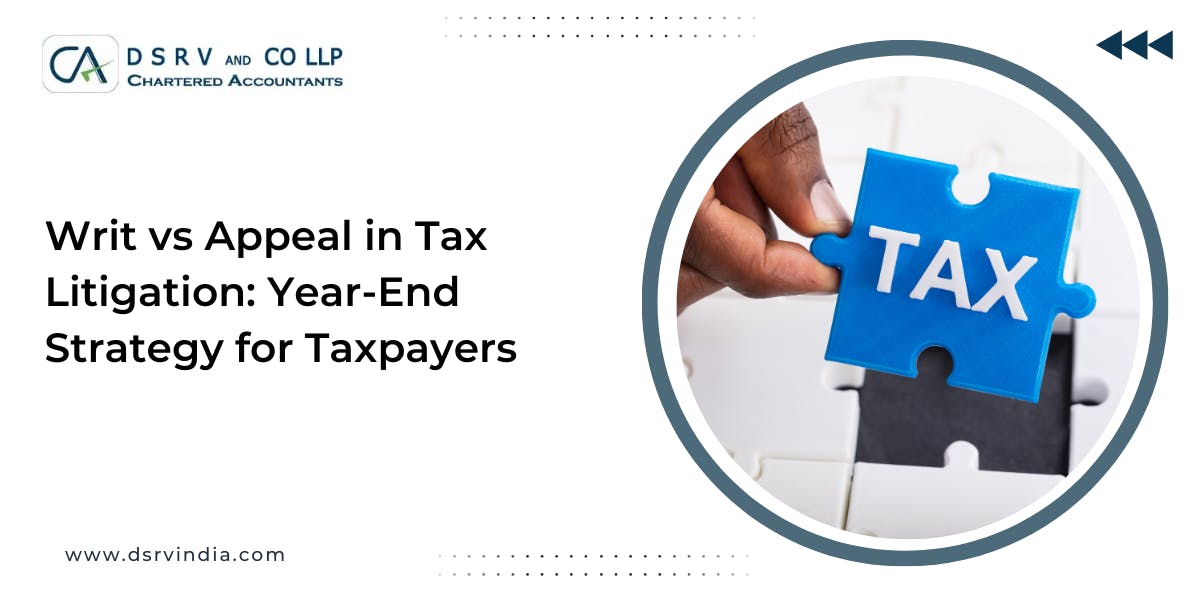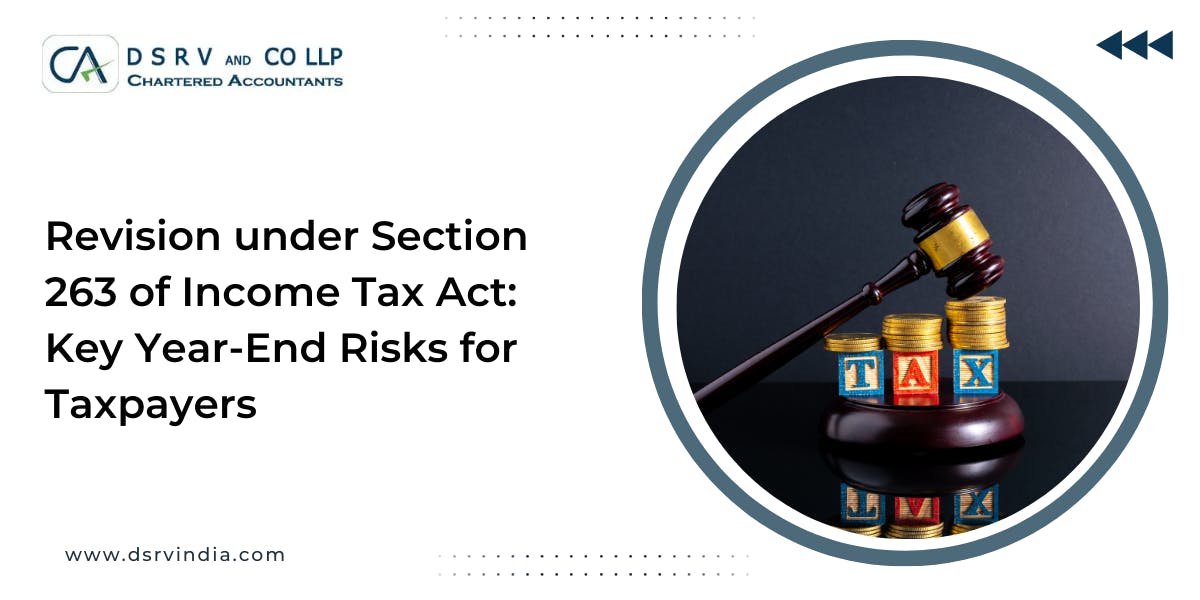Read Also: Foreign Subsidiary Company Compliances in India
5. No More Tax-Sparing Credit
Earlier, India used to give credit to companies for taxes that were forgiven or reduced in Oman (known as tax-sparing). This helped Indian investors benefit from Oman's tax breaks. But the new treaty has removed this benefit. Now, only actual taxes paid in Oman will be counted for credit in India.
6. Stronger Information Exchange
The two countries have agreed to a better exchange of information. This means they will now share more data, like bank details, ownership structures, and nominee accounts, to combat tax evasion. If someone tries to hide their income in either of the two countries, both countries will collaborate on such cases.
7. Non-Discrimination Clause Added
A new non-discrimination article has been added. This means that a company or person from Oman operating in India (or vice versa) will not be taxed unfairly just because they are a foreign company. This means equal treatment will be given to all taxpayers to support cross-border trade.
8. Mutual Assistance in Tax Collection
Under the amended treaty, the tax departments of India and Oman can now collaborate to collect taxes, including penalties and interest. This helps ensure that tax debts are paid by the individual, even if the person moves to another country.










